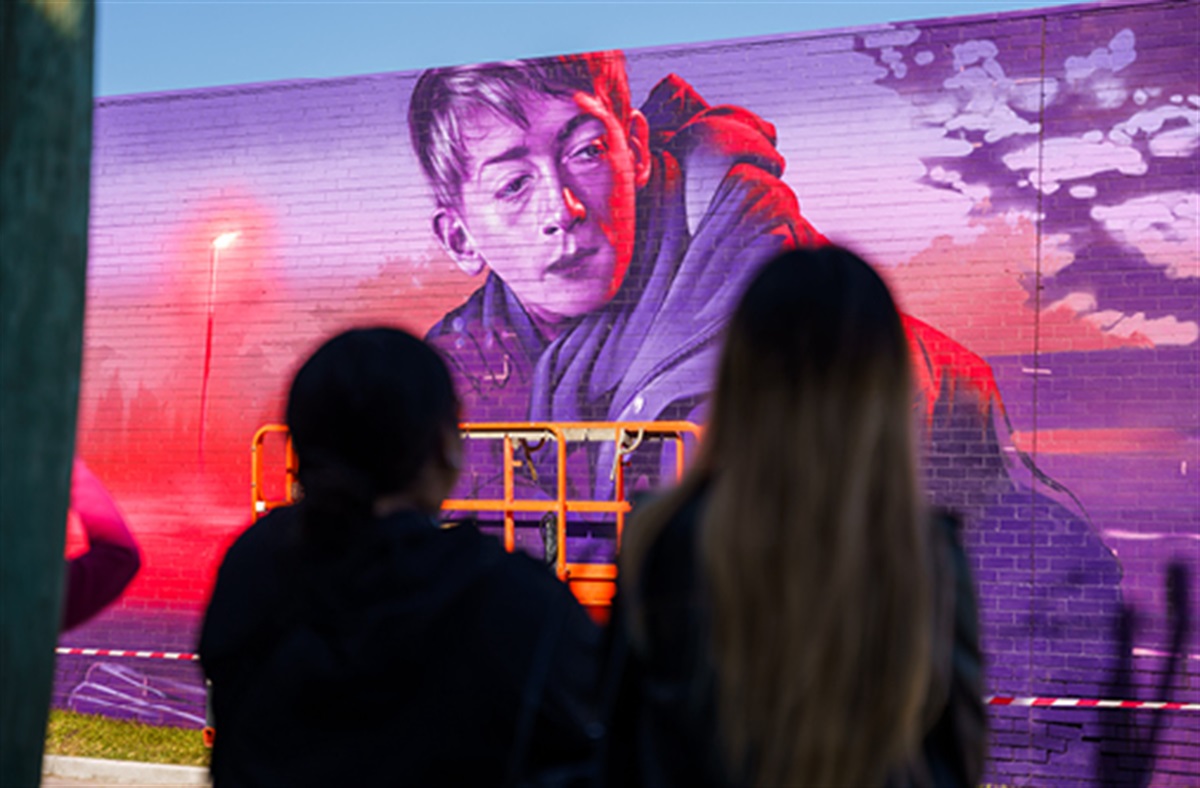In the 1999 referendum, the question was put whether Australia’s Constitution should include a preamble that would recognise the first people of Australia. The very first line of the No case was “If you don’t know – vote no!”
We’ve seen some variation on that line in the no cases of a lot of votes and we’re beginning to see it now with the Voice.
There’s a certain appeal to the “if you don’t know, vote no” argument (and not just because it rhymes). If you don’t think too hard about it, it seems reasonable – don’t take a chance if you don’t absolutely have to. Maintain the status quo until you are confident things need to change. That’s good, solid, “little c” conservative advice. If it ain’t broke, don’t fix it.
The problem is… it is broke.
How our society treats Aboriginal and Torres Strait Islander peoples and cultures is fundamentally (but not irrevocably) broken.
We know that structural and historic injustices against Aboriginal and Torres Strait Islander peoples currently means shorter life expectancy, poorer health and educational outcomes and disproportionately higher incarceration rates. At The Salvation Army, Aboriginal and Torres Strait Islander people are overrepresented in almost every one of our services – around 20% of our homelessness and emergency relief work is done with Aboriginal and Torres Strait Islander people. Around 35% of our family and domestic violence services.
We know action needs to be taken. At the heart of previous policy failures has been action that was pursued without proper engagement with the Aboriginal and Torres Strait Islander people actually affected.
We know the Voice is an opportunity before us right now to make sure we do better in the future.
Arguments that the Voice is not the right mechanism are many and varied, but in general they boil down to a fear that the model might not work. The Voice might not have the right arrangements to be truly representative, it might not have the governance structures to avoid corruption, it might, in myriad different ways, not be perfect.
That fear is valid. It just isn’t a good enough reason to miss this opportunity.
When the Commonwealth of Australia was created, we did not have the right arrangements for our parliament to be truly representative. I am not talking about the injustice of segments of our society not having the right to vote. I am talking about how we didn’t have proportionate representation or postal voting (and even a secret ballot was in question at Federation). We didn’t reject the whole system. Over time, we improved the system and now we have one of the most robust democracies in the world.
Corruption is an absolute scourge on trust in public institutions and it is by no means unheard of in Australia. Concerns around corruption in our own Federal Parliament have led to calls for a Federal ICAC. They haven’t led to calls to abandon the entire Westminster system of government. Corruption or mismanagement is serious, and it needs to be met with a proportionate response – not panic.
The reality is that whatever detail or model is chosen, the Voice is not going to be perfect. It is going to disappoint a lot of people. I say this not to dishearten anyone, but because literally no institution (The Salvation Army included) is perfect. Having a go, learning from mistakes, and improving over time is pretty much how Australia operates – it will be the same with the Voice.
Like every other major reform in Australia’s history there are going to be teething problems. Those problems are nothing in the face of the very real issues affecting Aboriginal and Torres Strait Islander peoples right now. They are not even much compared to the policy challenges facing our governments. They certainly are not too much for us to work through sensibly.
We know the current system is not working. We know something needs to be done. We know a Voice represents a real chance to improve outcomes for Aboriginal and Torres Strait Islander people through better policy making. We know listening to the experience and wisdom of Aboriginal and Torres Strait Islander people themselves will lead to better outcomes.
We know too much for “if you don’t know, vote no” to really fly. So, let’s call it what it is… “vote no to accept the status quo”.
And we know the status quo is unacceptable.
Jennifer Kirkaldy is the National General Manager of Policy and Advocacy at The Salvation Army Australia, based in Canberra.








